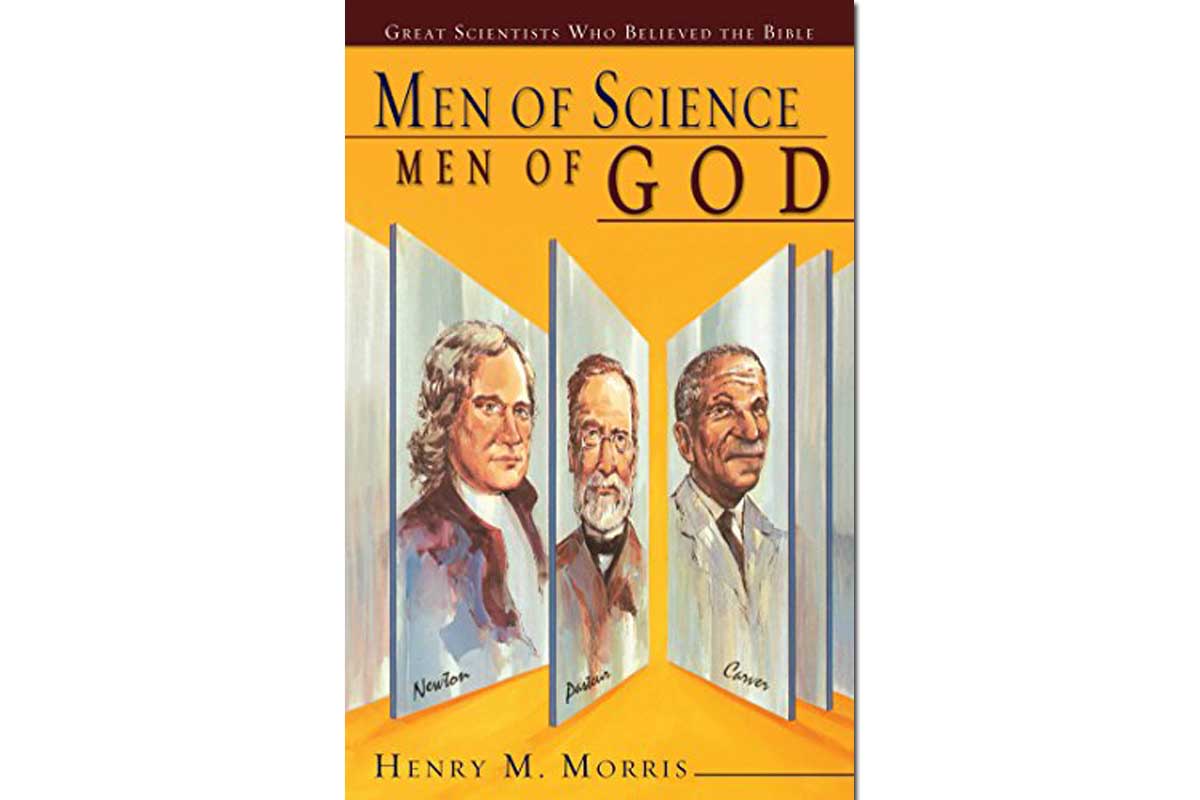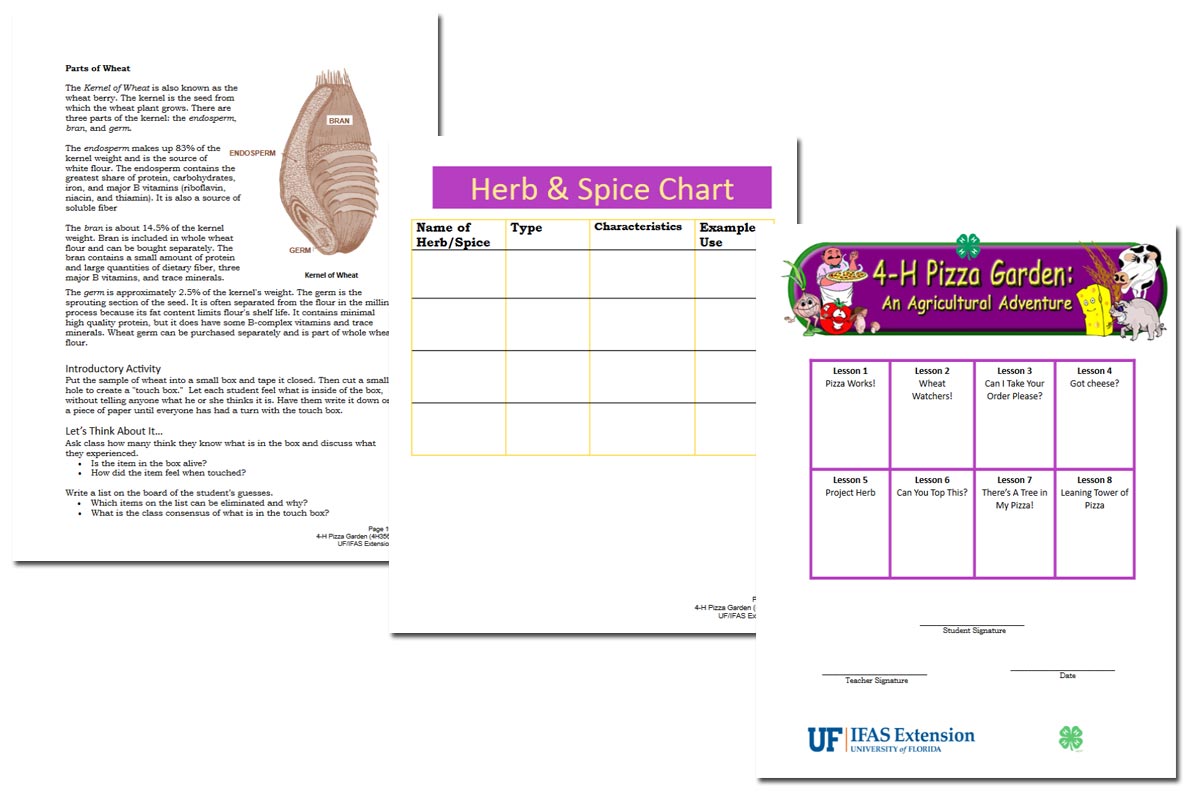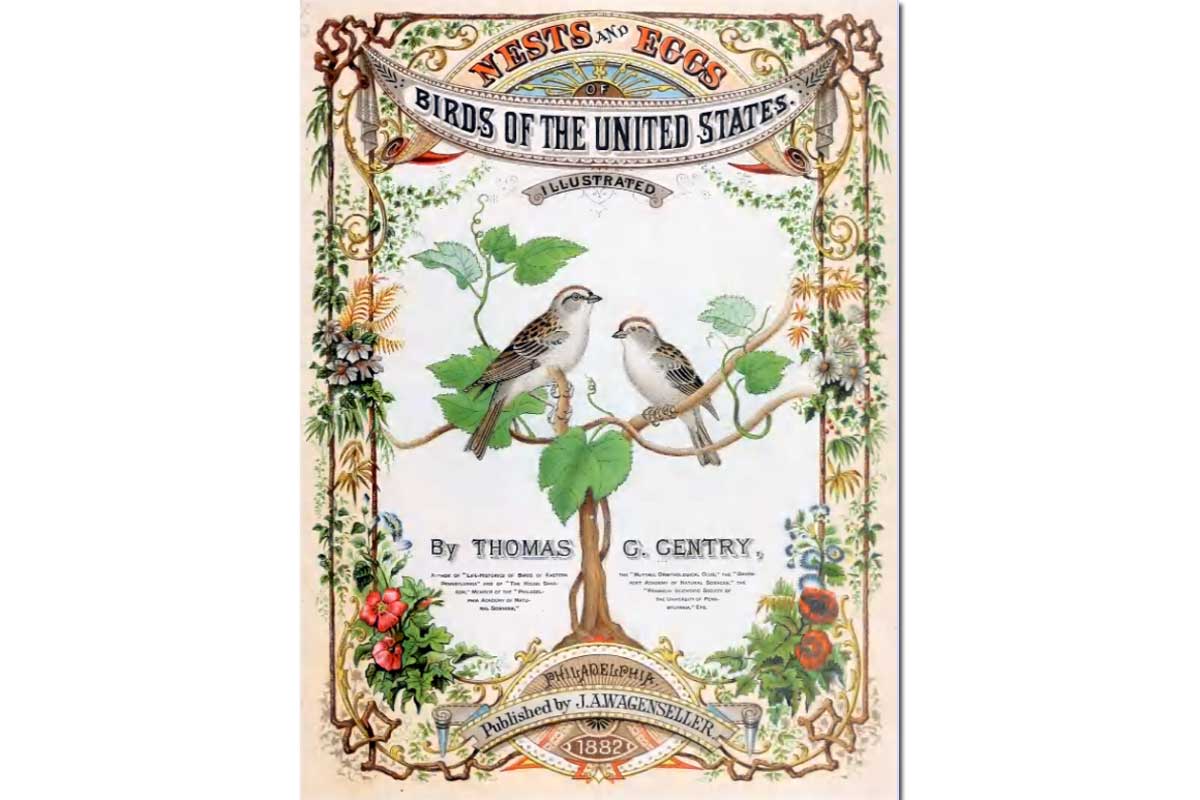
Sometimes we think the two can’t go together. But Men of Science, Men of God by Henry Morris, published by Master Books, aims to prove they can. Subtitled, Great Scientists Who Believed the Bible, Men of Science, Men of God introduces us to 101 scientists who “believed in the Bible and in a personal Creator God.”
The short biographies are listed in chronological order and include great scientists such as:
- Leonardo da Vinci, experimental scientist.
- Johann Kepler, considered the founder of physical astronomy.
- Francis Bacon, primarily responsible for the “scientific method.”
- Robert Boyle, founder of modern chemistry.
- Isaac Newton, famous for the laws of gravitation and motion.
- Carlos Linnaeus, father of the plant and animal classification system.
- Gottfried Leibnitz, cofounder of calculus.
- Michael Faraday, one of the greatest physicists of all time.
- Charles Babbage, developer of the first true computers.
- Samuel F. B. Morse, inventor of the telegraph.
- Gregory Mendel, the father of genetics.
- Louis Pasteur, the originator of the germ theory of disease.
- Joseph Clerk Maxwell, the developer of electromagnetic wave theory.
- George Washington Carver, agricultural chemist and world’s authority on peanuts.
- Wernher von Braun, rocket engineer and Director of NASA.
Scientists were chosen based on the following criteria:
The scientist was a person of real achievement and significance in the development of science.
He was a professing Christian (any denomination) who believed in the divine authority of the Bible.
He believed that the universe, life, and man were directly and specially created by the transcendent God of the Bible.
This is not a comprehensive biographical study, but a great introduction and jumping-off point for further studies. In other words, it makes a great spine!
The book was first published in 1982 is now in its 20th printing!
Suggestions
- There are 101 scientists mentioned. By covering three each week, you’ll have approximately a year’s worth of lessons.
- Create a notebook to hold narrations, experiment pages, character studies, timeline, and illustrations.
- Have your child write a narration page for each scientist.
- Include a timeline page featuring each scientist.
- If covering the entire book in one year, you will not likely have time to pursue a relevant experiment for each scientist. Choose at least one experiment that can illustrate a relevant principle each week. Use science experiment notebooking pages to capture the results.
- Use Drawing & Writing paper to illustrate at least one concept each week.
- Have your child choose someone he is particularly interested in learning more about and read a biography about this individual.
- Have your child write a character study each week.










You must be logged in to post a comment.